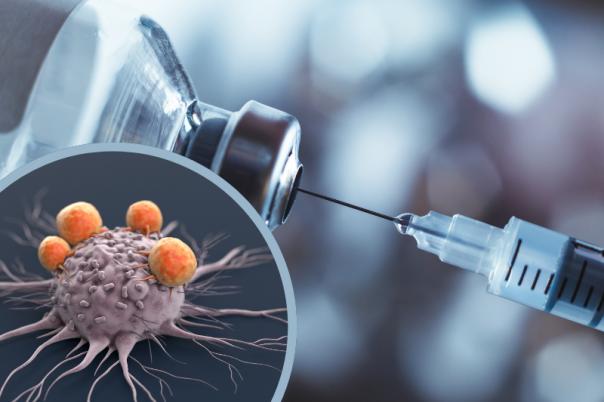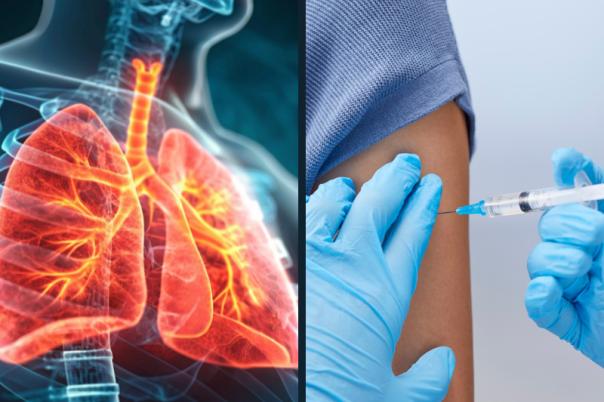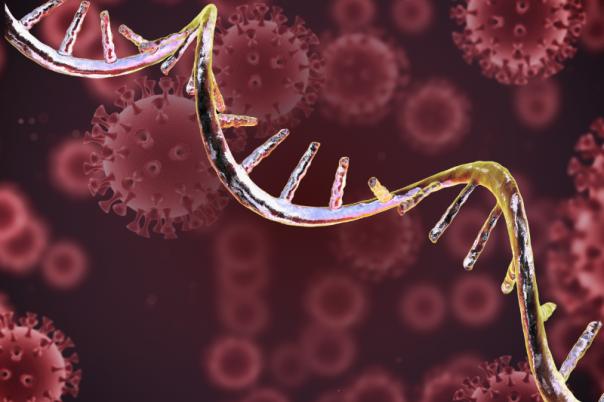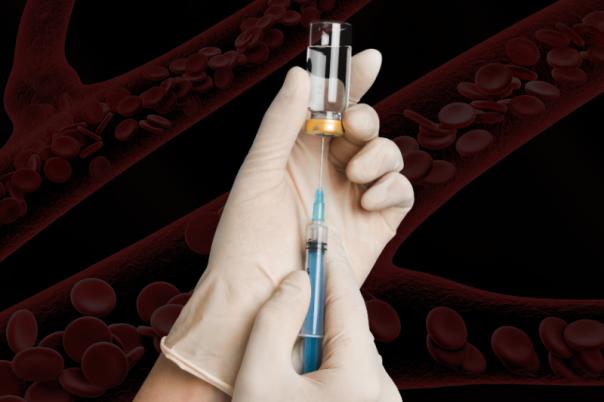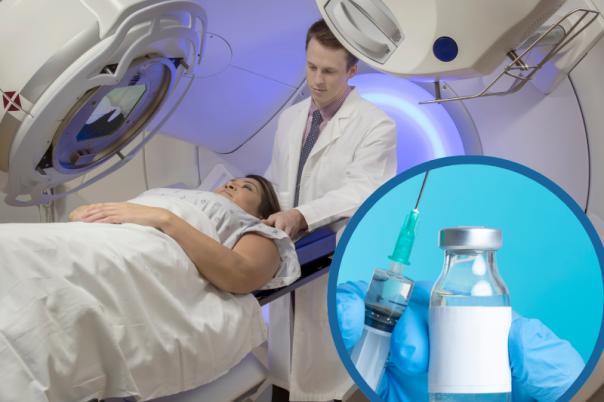Mads Hald Andersen discussed the development and efficacy of immune modulatory vaccines targeting tumour microenvironment antigens in cancer treatment. He began by providing a historical overview of these vaccines, which have now reached phase three trials and are nearing approval for some cancers.
The primary focus of his talk was on IDO and PD-L1 vaccines, which have shown promising results in clinical trials. Andersen explained that these vaccines work by activating anti-regulatory T cells, which can generate an immune response not only against cancer cells but also against the entire tumour microenvironment.
This approach aims to change the status of the environment from being anti-T cells to more pro-inflammatory. Andersen highlighted the distinct roles of CD4 and CD8 T cells in eliciting an antitumour response, with CD4 cells primarily killing target cells and CD8 cells providing support.
Andersen also covered the synergistic effects observed when combining the immune vaccine with PD-1 inhibitors, which demonstrated enhanced antitumour effects. He noted that these vaccines act as immune modulators, affecting myeloid populations in the tumour microenvironment rather than solely targeting cancer cells.
The presentation then shared clinical trial outcomes. Andersen presented results from a phase one trial of the PD-1 vaccine combined with IDO peptide, which showed a response rate of 80%, significantly higher than the expected 40% for PD-1 monotherapy.
Andersen also discussed ongoing and future trials conducted by companies such as IO Biotech and Moderna. IO Biotech is running large phase three trials and phase two trials in head and neck cancer and lung cancer. Moderna is conducting a phase two trial using mRNA technology with the same epitopes as the IDO and PD-L1 vaccines. Additionally, a trial at Memorial Sloan Kettering is exploring the combination of PD-1 and anti-LAG-3 treatments.
In conclusion, Andersen emphasised the potential of next-generation vaccines targeting other tumour microenvironment antigens, such as TGF-beta and arginase, to induce inflammation in less responsive tumour types. These vaccines could be combined with traditional cancer vaccines and other forms of immunotherapy to enhance their effectiveness.


